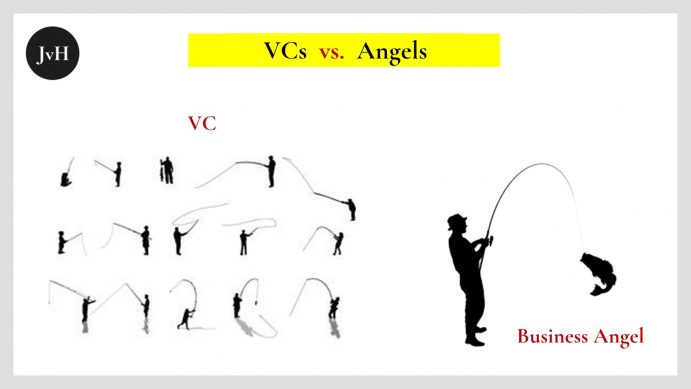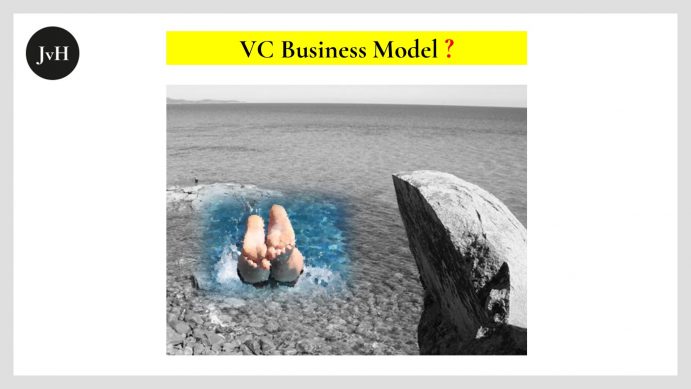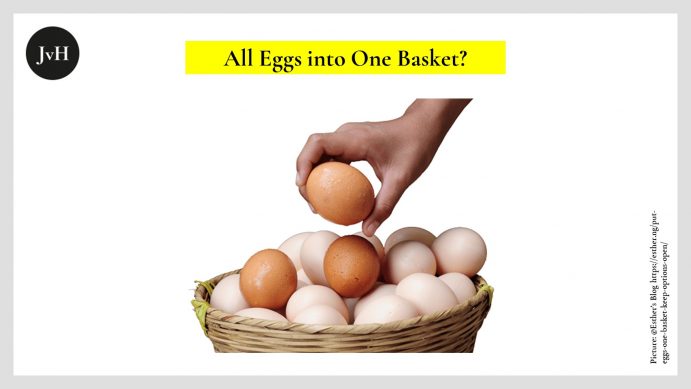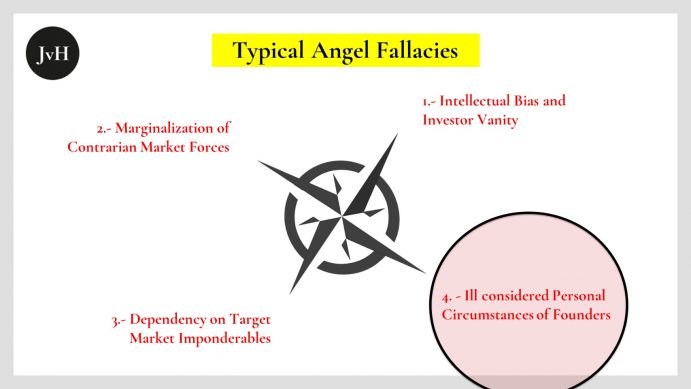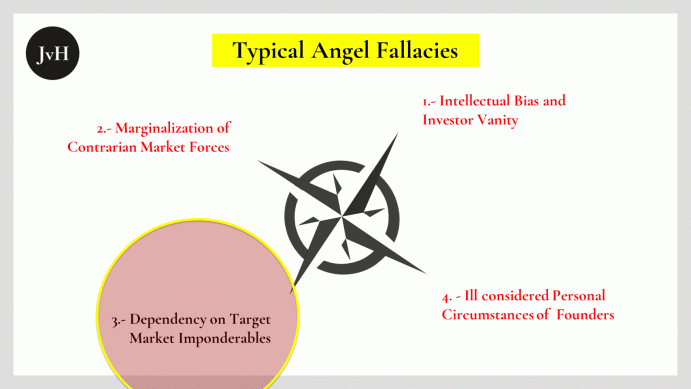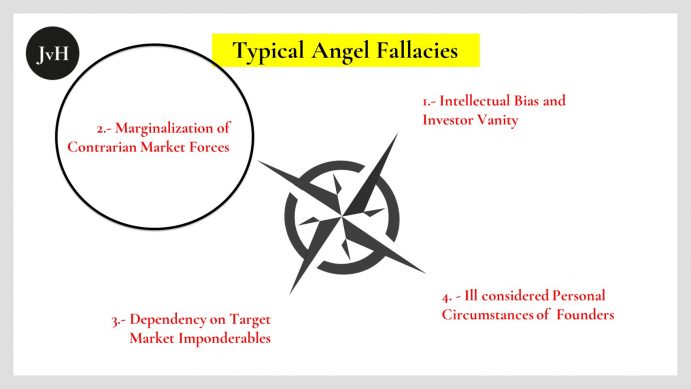The Team is Key, Nothing else is The central date for Angels in assessing early-stage start-ups is their founder teams. Evidently, a very good start-up will present a very good business model, a promising market, an excellent product or service and so on. It goes without saying that a good founding team will have developed such a sound business model, … Read More
Vorurteile und Sympathien leiten zu viele Business Angels, Teil 2 von 3
Das Team ist Key – und sonst nichts Das zentrale Datum für Angels bei der Beurteilung frühphasiger Start-ups ist das Gründerteam. Zwar gehören zu einem sehr guten Start-up auch ein gutes Geschäftsmodell, ein chancenreicher Markt, ein bedarfsgerechtes Produkt usf. Aber gerade weil frühphasige Start-ups voraussichtlich noch einige Male ihr Geschäftsmodell drehen und wenden, ihren Marktfokus und ihre MVPs modifizieren, ihre … Read More
Teil 3: Business Angels scouten anders als VCs
In meinen beiden letzten (deutschen) Blog Posts (Teil 1 + Teil 2) zu den Ähnlichkeiten und Unterschieden von Venture Investments von VCs und Angels wurden folgende Zwischenergebnisse erzielt: Offen geblieben war nun die Frage, ob die beiden letzten Punkte oben nur für VCs gelten oder ob sie auch die Regeln des Spiels der Business Angels bestimmen. Jenseits der Investitionssumme, die … Read More
Part 2: VCs Should Seek Flaws & Not Just Risks
Since I hate to adorn myself with borrowed plumes, I’d like to point out that my and many other investors’ bias against “risk distribution” is rather old news. In his wonderfully anecdotal Zurich Axioms, dated 1972, Max Gunther, had already pointed out every relevant practical aspect pertaining to the topic. My issue today is a different one. I do not … Read More
Teil 2: Gute VCs suchen nicht nur Risiken, sie freuen sich über Problemfälle
Da ich mich ungern mit fremden Federn schmücke, möchte ich zu Beginn deutlich machen, dass die Vorurteile meiner und vieler anderer Investoren gegen “Risikostreuung” ein alter Hut sind. Max Gunther hatte bereits in seinen wunderbar anekdotenreichen Zurich Axioms aus dem Jahr 1972 auf alle relevanten praktischen Aspekte des Themas hingewiesen: Mein heutiges Thema ist ein anderes. Ich möchte nicht über … Read More
Do VCs and Angels Sit in the Same Boat?
Part 1: “Diversification” From time to time people ask me whether investing selectively in start-ups as a “profession” is not quite an irresponsible gamble, especially if, like in my case, you have practically no other current sources of income. This question is meant rhetorically, because the people who ask and I, we know Kind Advisors Such rhetoric is usually followed … Read More
Was VCs und Business Angels verbindet – und was sie unterscheidet
Teil 1: „Diversifikation“ Hin und wieder werde ich gefragt, ob denn das selektive Investieren in Startups als „Beruf“, nicht ein unverantwortlich riskantes Vergnügen darstelle, insbesondere dann, wenn man, wie ich, über praktisch keine anderen laufenden Verdienstquellen verfüge. Dies ist eine rhetorische Frage, denn die Fragenden und der Befragte wissen beide a) dass dieses Risiko tatsächlich ziemlich hoch ist und b) … Read More
Angel Fallacies 4: Neglect of Founders’ Personal Circumstances
The personal circumstances of employees are a minefield for employers: Whether in hiring or in staff development: On the one hand, as an employer, you have to consider potential risks such as illness, financial stability, family situations, even possible pregnancies; on the other hand, in an ideal world, these issues should really remain a private matter for the respective employee … Read More
Angel Fallacies 3.1: Neglect of Target Market Imponderables (“Competitors”)
“So, who are your competitors?” Within the start-up ecosystem, this hyper trivial question is asking for a routine answer. It is one of those questions that usually does not raise any serious worry among start-ups asking for money. But it should. Because these standard responses follow a pattern which can be easily anticipated and usually is astoundingly poor. Variant 1: … Read More
Confirmation Bias and Neglect of Contrarian Market Forces
Start-ups need a USP for their products and services that is not just unique but also in demand. There lies a structural tension in this: Whatever is really novel or unique cannot be in demand, because nobody as yet knows about it. So, frequently you can only guess or assume or hope that the new feature of a new product … Read More


